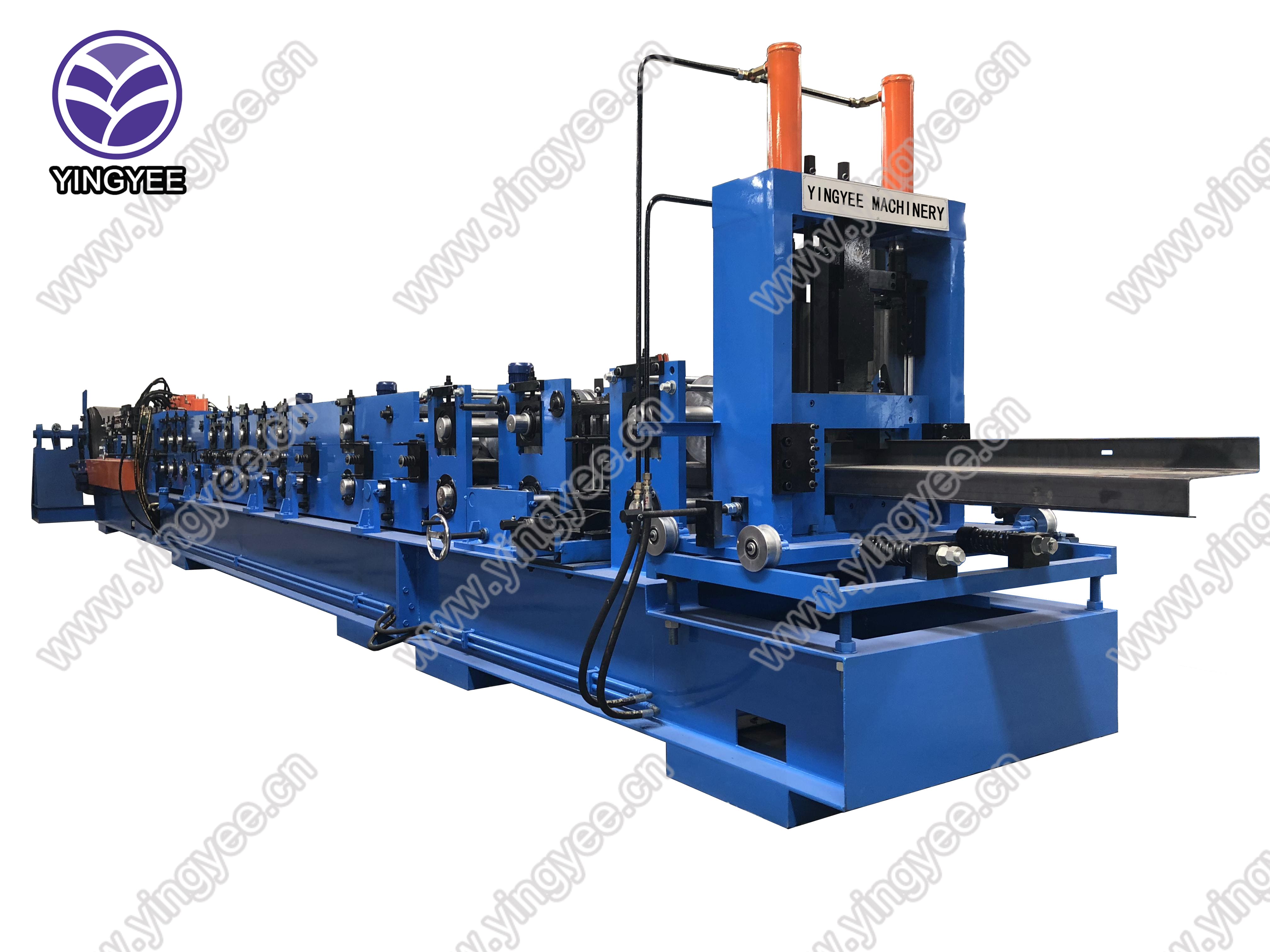
Understanding Carbon Steel Tube Mills A Comprehensive Overview
In the realm of metalworking and manufacturing, carbon steel tube mills play a crucial role in producing tubular products that are essential for various industries, including construction, automotive, and energy. These mills are specifically designed to fabricate carbon steel tubes through various processes, ensuring precision and efficiency. This article delves into the operational aspects of carbon steel tube mills, their significance, and the advancements in technology that enhance their productivity.
The Basics of Carbon Steel Tube Production
Carbon steel, defined by its carbon content ranging from 0.05% to 2.0%, is noted for its strength, durability, and versatility. The production of carbon steel tubes typically involves several steps, from raw material processing to the final product. The primary materials used in these mills include carbon steel coils, which undergo various operations such as forming, welding, and finishing to create a tube.
The first step in the tube-making process involves the unwinding of steel coils, which are then shaped into a circular form. Utilizing a series of rolls, these coils are gradually formed into tubes. The welding process follows, which can be done using high-frequency induction welding or submerged arc welding, depending on the application and required specifications.
Types of Carbon Steel Tubes
Carbon steel tubes come in various forms, each serving different applications. The most common types produced in tube mills include
1. Structural Tubes These tubes are primarily used in construction and are designed to provide structural support. 2. Fluid Carrying Tubes Often used in plumbing and transportation of liquids, these tubes are engineered for high-pressure applications.
3. Mechanical Tubes These tubes are utilized in machinery and automotive components, where high strength and durability are paramount.
The Importance of Quality Control

Quality control is essential in producing carbon steel tubes. Manufacturing defects can lead to significant safety hazards, especially in critical applications, such as construction and transportation. Tube mills employ rigorous testing procedures, including non-destructive testing (NDT) methods such as ultrasonic testing, eddy current testing, and hydrostatic testing. These measures ensure that the final product meets the required specifications for strength, durability, and safety.
Technological Advancements in Carbon Steel Tube Mills
With the rapid advancements in technology, carbon steel tube mills have experienced significant improvements in efficiency and productivity. Automation plays a pivotal role in modern tube mills, where computer-controlled processes enable precise machining, robotic welders, and automated quality inspections.
Moreover, advancements in materials science have led to the development of high-strength carbon steel grades that enhance the performance of tubes while reducing weight. Innovative forming techniques, such as stretch reducing and orbital forming, allow for the creation of tubes with complex geometries and tighter tolerances.
The integration of Industry 4.0 concepts, including the Internet of Things (IoT), allows for real-time monitoring and predictive maintenance of equipment. This not only minimizes downtime but also optimizes production efficiency, ultimately reducing costs for manufacturers and consumers alike.
The Future of Carbon Steel Tube Mills
As global demand for carbon steel tubes increases, driven by the expansion of infrastructure and energy projects, the tube mill industry is poised for growth. Environmental considerations are also shaping the future, leading to innovations in energy-efficient processes and sustainable production methods.
Furthermore, the rise of recycled materials in manufacturing is influencing the design and operation of carbon steel tube mills. Manufacturers are focusing on sustainable sourcing and production processes to meet regulatory standards and consumer preferences for eco-friendly products.
Conclusion
Carbon steel tube mills are integral to the supply chain of various industries, providing essential products that meet high standards of performance and quality. Through technological advancements, stringent quality control measures, and a focus on sustainability, these mills are not only adapting to current market demands but are also setting the stage for future innovations. As the world evolves, so too will the methods and technologies that drive the production of carbon steel tubes, ensuring their place at the forefront of industrial manufacturing.